Cinema is the dark palace of dreams and imagination, a place of entertainment, escapism and enlightenment. You see the world and other worlds through different eyes.The novelist Virginia Woolf in her essay ‘The Cinema’ published in the 3 July 1926 edition of The Nation and Athenaeum, observes how cinema might at first seem simple and not something that engages the intellect, yet it does alter our sense of perception and reality. As she eloquently puts it:
‘We see life as it is when we have no part in it. As we gaze we seem to be removed from the pettiness of actual existence. The horse will not knock us down. The king will not grasp our hands.The wave will not wet our feet…Further, all this happened ten years ago, we are told. We are beholding a world which has gone beneath the waves.’
Woolf felt that cinema had the potential to capture experiences and emotions in a completely new manner. Since her time of writing the talkies arrived, then colour, widescreen, 3D and today digital and cgi modes of production. All those technical innovations have changed and often enhanced how and where they are perceived.
Empire of Light explores the magic of the cinema, as it was enshrined in the glory of Art Deco architecture. In the opening shots, the fall of white snow outside is contrasted with the warmth and beauty inside the Empire cinema facing the seafront in Margate.
Newcomer Stephen (Micheal Bond) is shown around the building by the duty manager Hilary Small (Olivia Colman), and he is impressed by its design, including the neglected and locked away grandeur of its restaurant and now defunct screening rooms.
Hilary lives a lonely life that exists only in her small flat and cinema. The manager Donald Ellis (Colin Firth) expects her to pleasure him in his office, and essentially her life seems dull and meaningless.
With the arrival of Stephen, Hilary becomes more optimistic and alive. She and Stephen are metaphorically like the pigeon with the broken wing they find in the locked away restaurant. He has aspirations to study architecture, and she needs to sort her life out, they both need to be mended before they can fly away like the pigeon.
The price listing outside the ticket office, £1.50 for adults, £1 for children and 75p for seniors, plus the confectionery counter full of old Fruit and Nut bar, Jelly Bean and Fruit Gum packaging shows this is set in the past when cinemas like this were losing their former days of glory and before multiplexes took over.
It turns out the film begins in 1980 and Hilary and Stephen celebrate the New Year of 1981 on the roof of the Empire. It was a period when British films were making an impact, and the cinema is either showing or carrying posters of such films as Gregory’s Girl, The Elephant Man, and it is chosen to show the premiere of Chariots of Fire that led to Colin Wellend boasting at the Oscar Ceremonies that the ‘The British are coming!’ At this ceremony the manager proudly introduces the film to the Mayor and VIP guests but much to his horror Hilary mounts the stage to give a speech of her own.
As Hilary gets closer to Stephen she realises he is very vulnerable to racist comments and attacks. He tells her that out there in Thatcher’s Britain there is racism spreading throughout the country, and skinhead members of the right-wing national front even march upon the Empire. Nowhere is safe, and Hilary’s mental health deteriorates. Even a fun-filled bus trip to the beach with Stephen turns to a fit of destructive darkness.
The notion of light and darkness is emphasised by Norman (Toby Jones) who allows Stephen into the forbidden sanctuary of his projection room. Here he describes the workings of the huge projectors and how the film is a series of static images with a black frame between each frame, that moving at 24 frames per second past the arc light gives the illusion of movement.
Empire of Light is a nostalgic love story about cinema that is also the setting to show the intensity of human existence, follies, love and ambition. The world is black and white, light and dark, as is the state of Hilary’s mind. Ironically, she admits she never gets the chance to see a film and in the end she does ask Norman to show her a film and she is able to embrace the magic of cinema.
Olivia Colman’s Oscar worthy performance brilliantly shows the vulnerability of her character highlighted by her sudden bursts of manic activity or complete withdrawal from a world where she does not seem to fit in. Micheal is a strong, caring and earnest counterpoint to her character and the supporting cast show they have their own background stories and issues.
Roger Deakins’ cinematography brings to life the splendour of the Empire cinema looming over the seafront, and he perfectly captures the light and darkness of the setting with the feelings of the characters. Often the film stunningly captures a single mood and image that completely immerses you in the story.
Using his own personal experience of the mental issues his own mother suffered, director and writer Sam Mendes gives us an incredibly nuanced and emotional film that transcends the heights of achievement Virgina Woolf could only imagine.

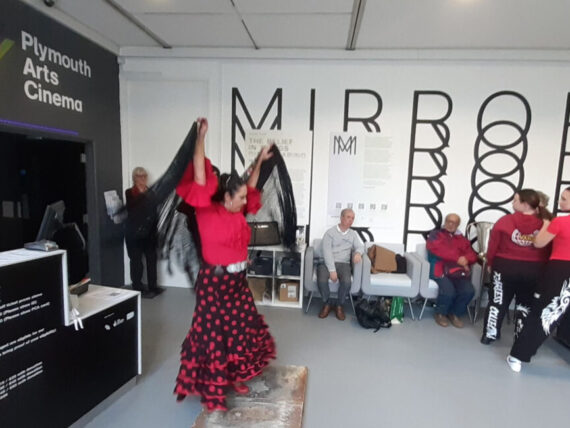
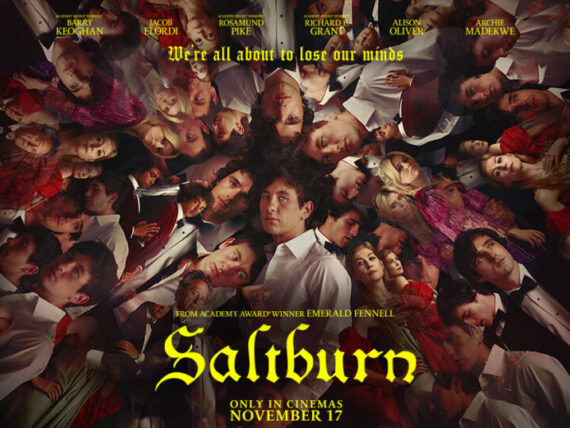


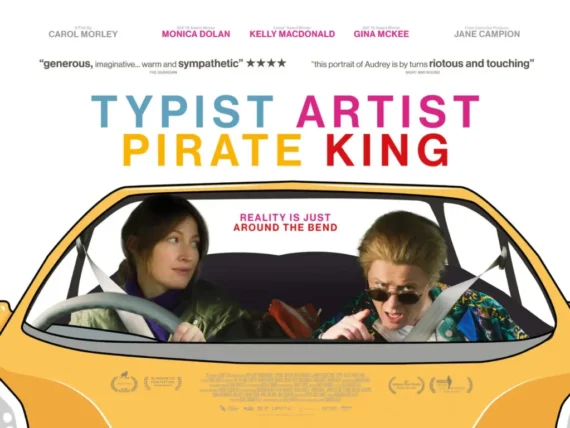
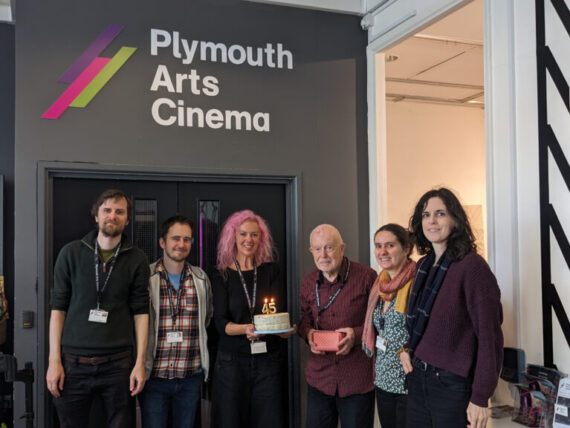
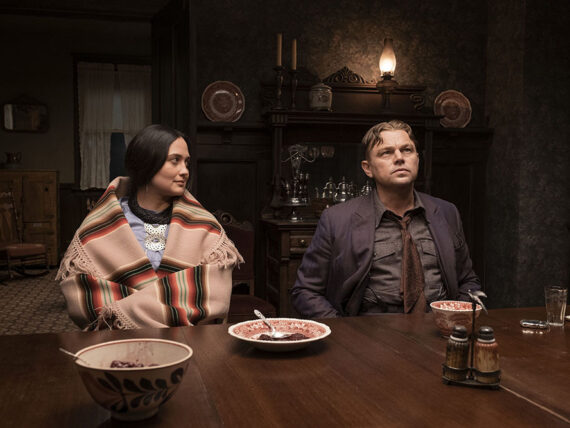
Comments
No comment yet.